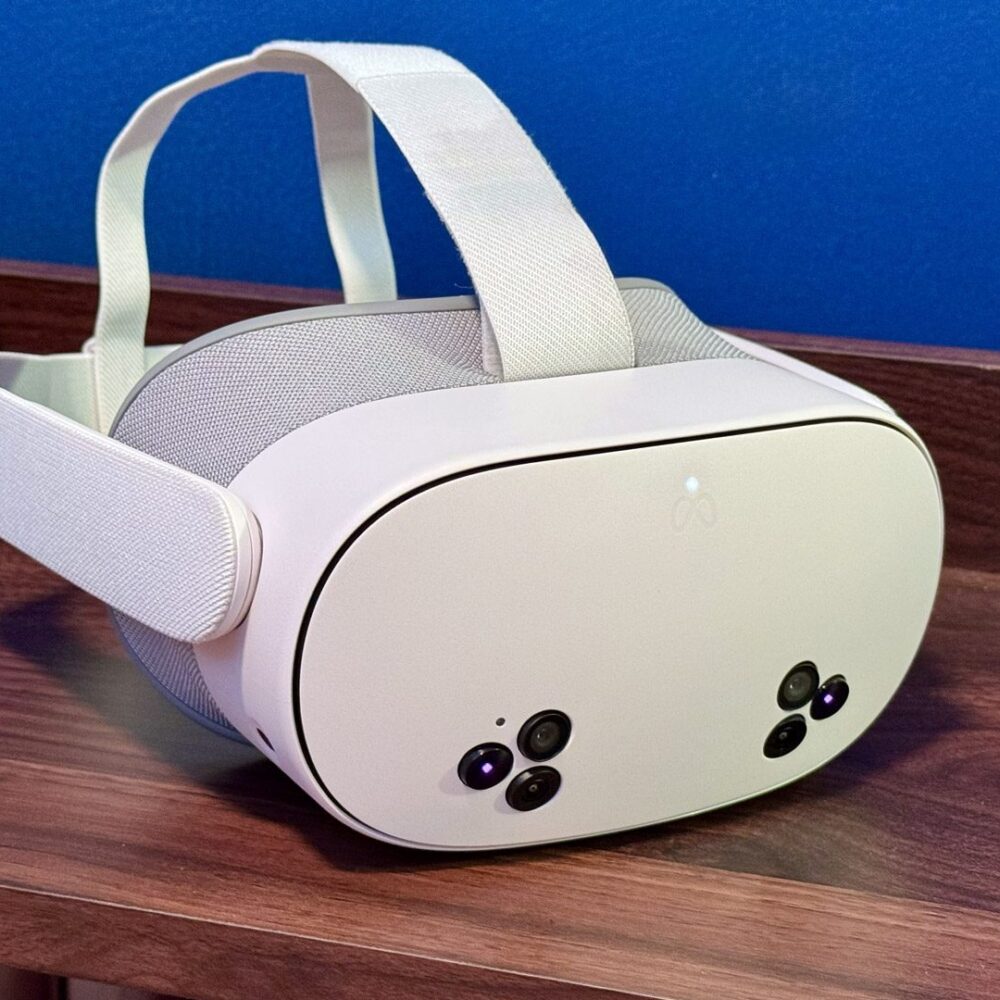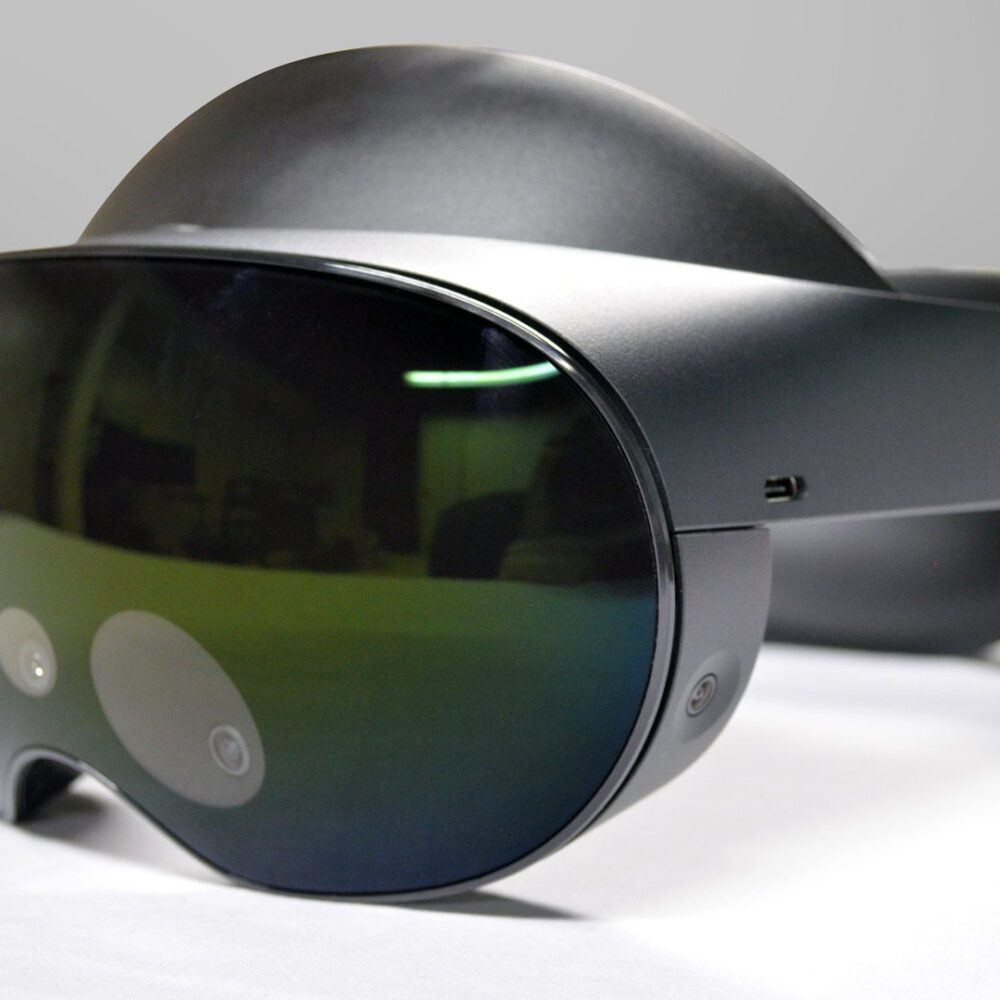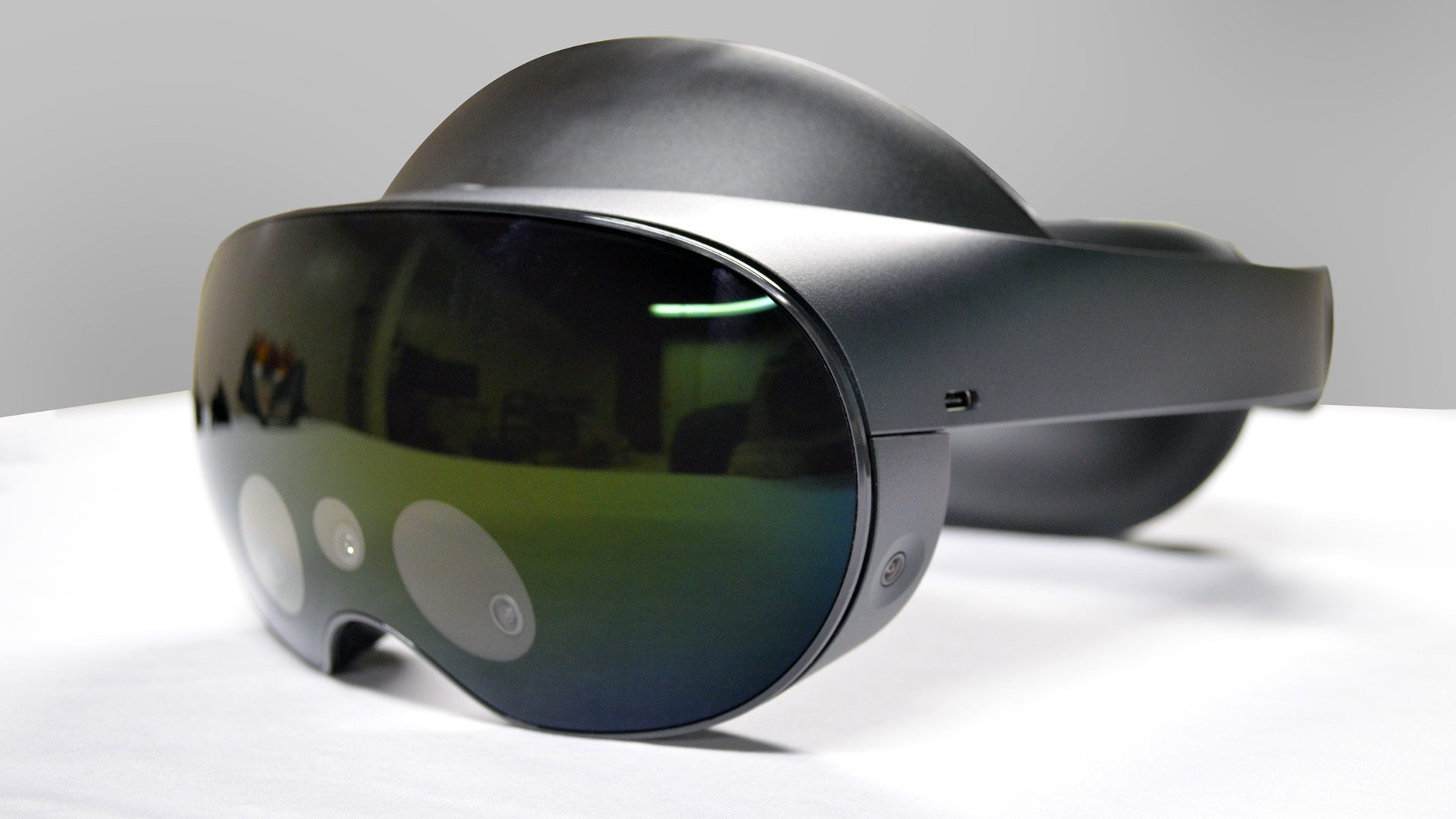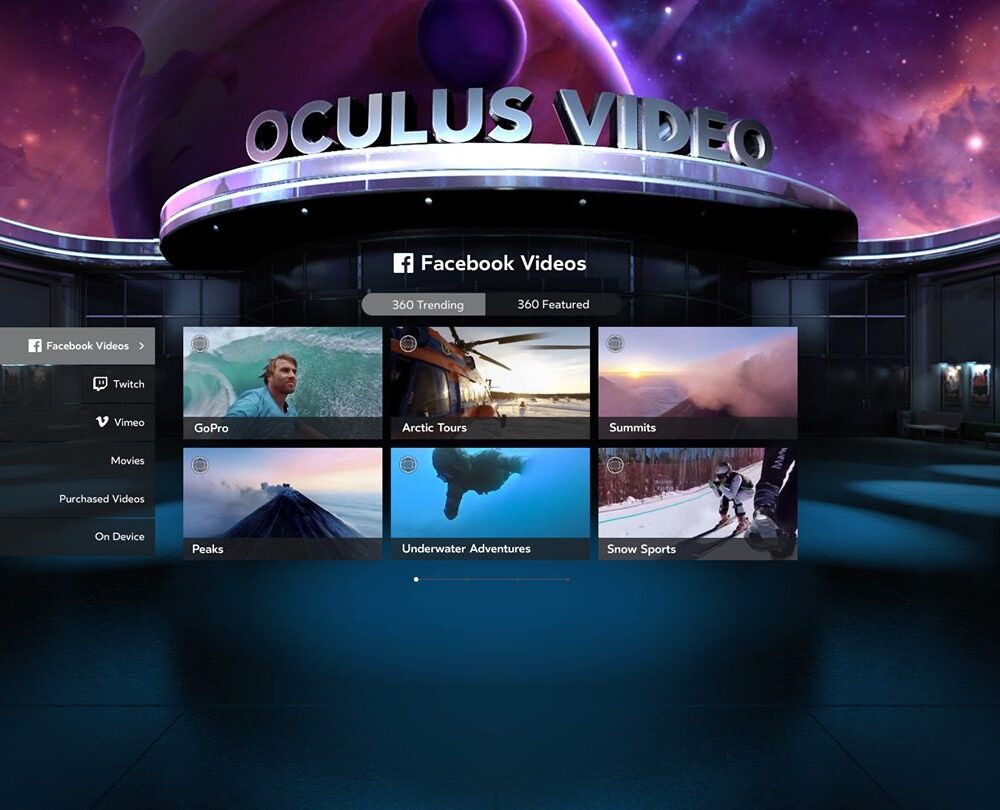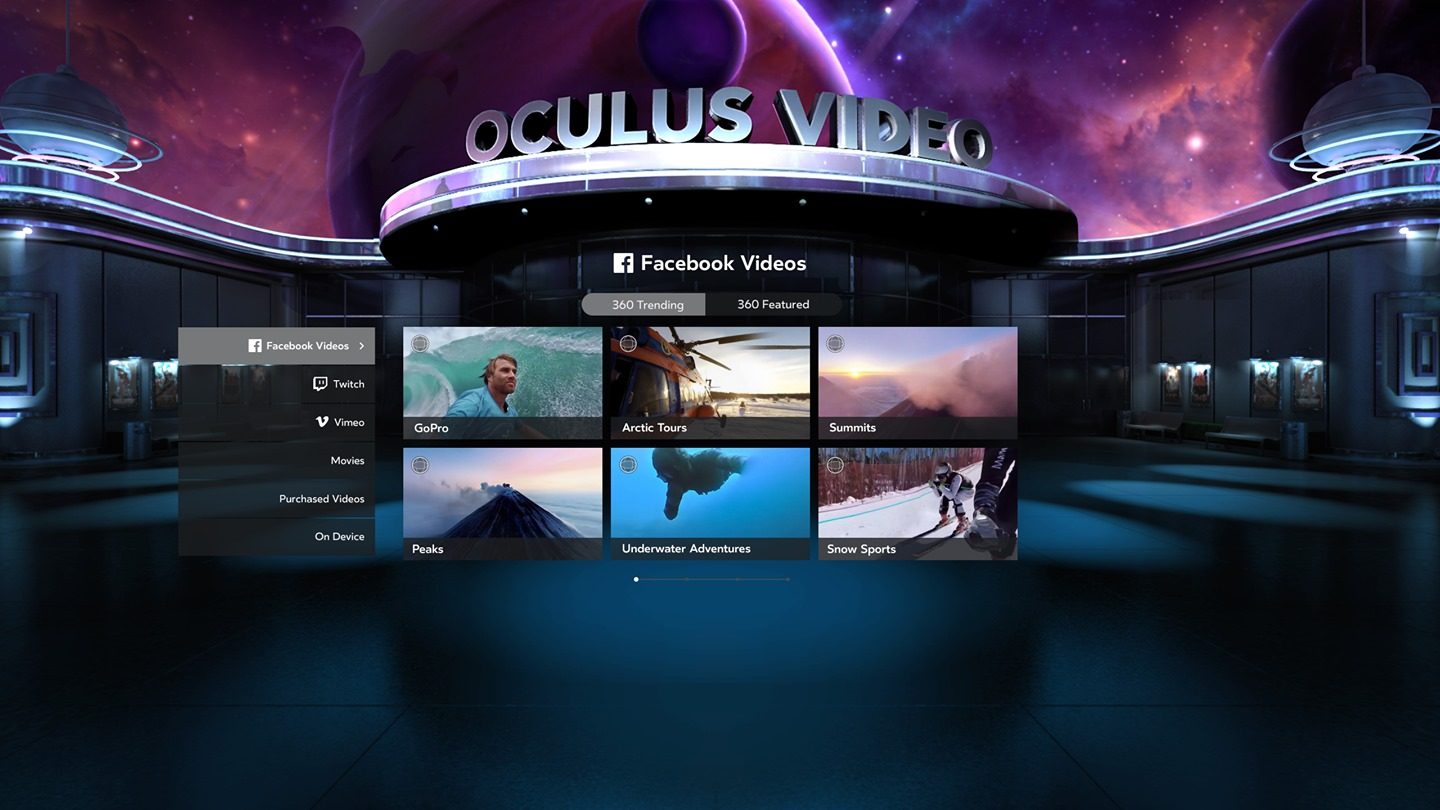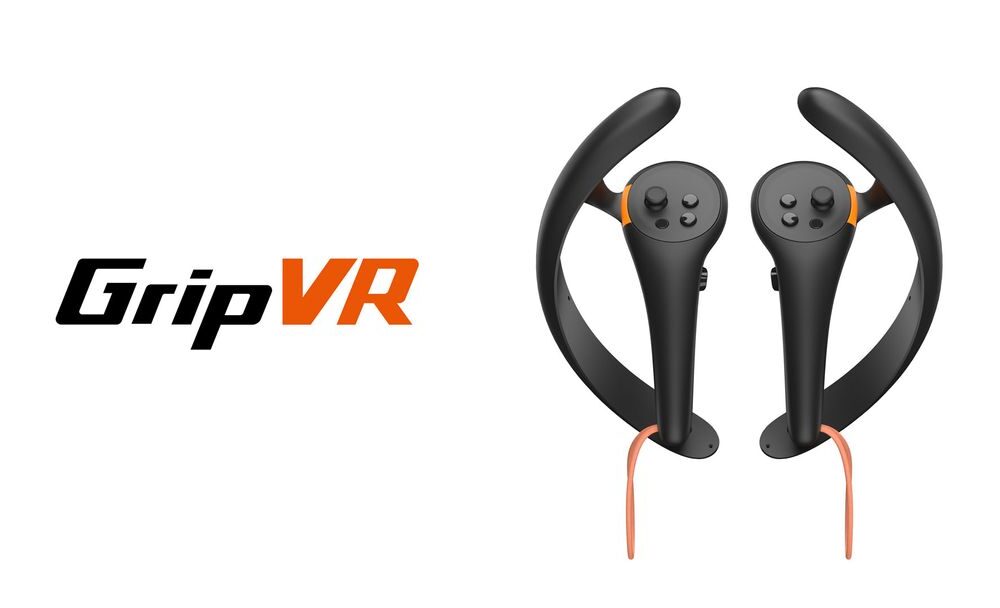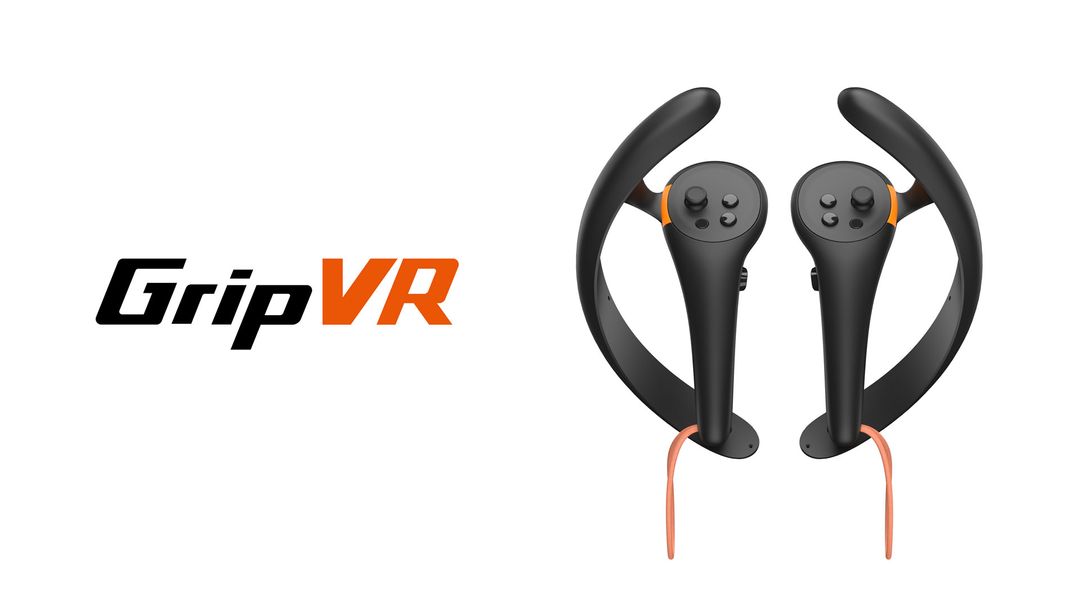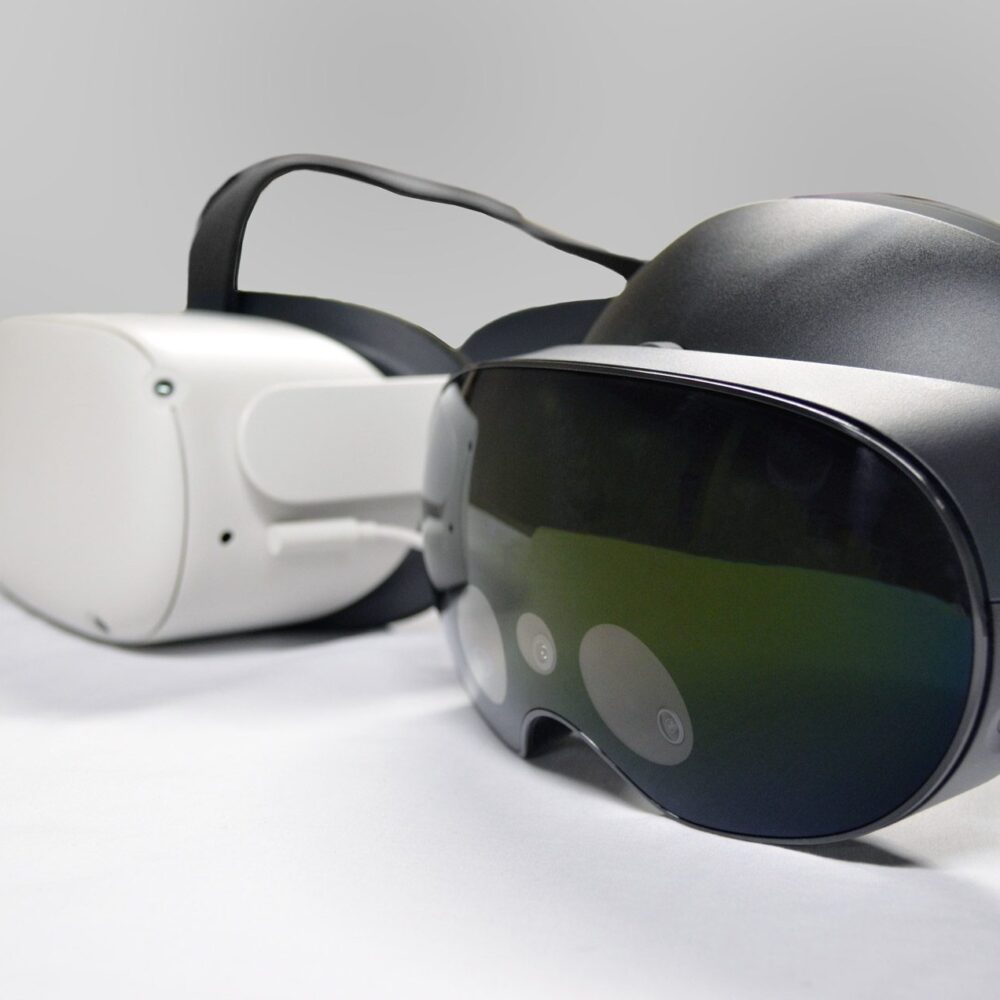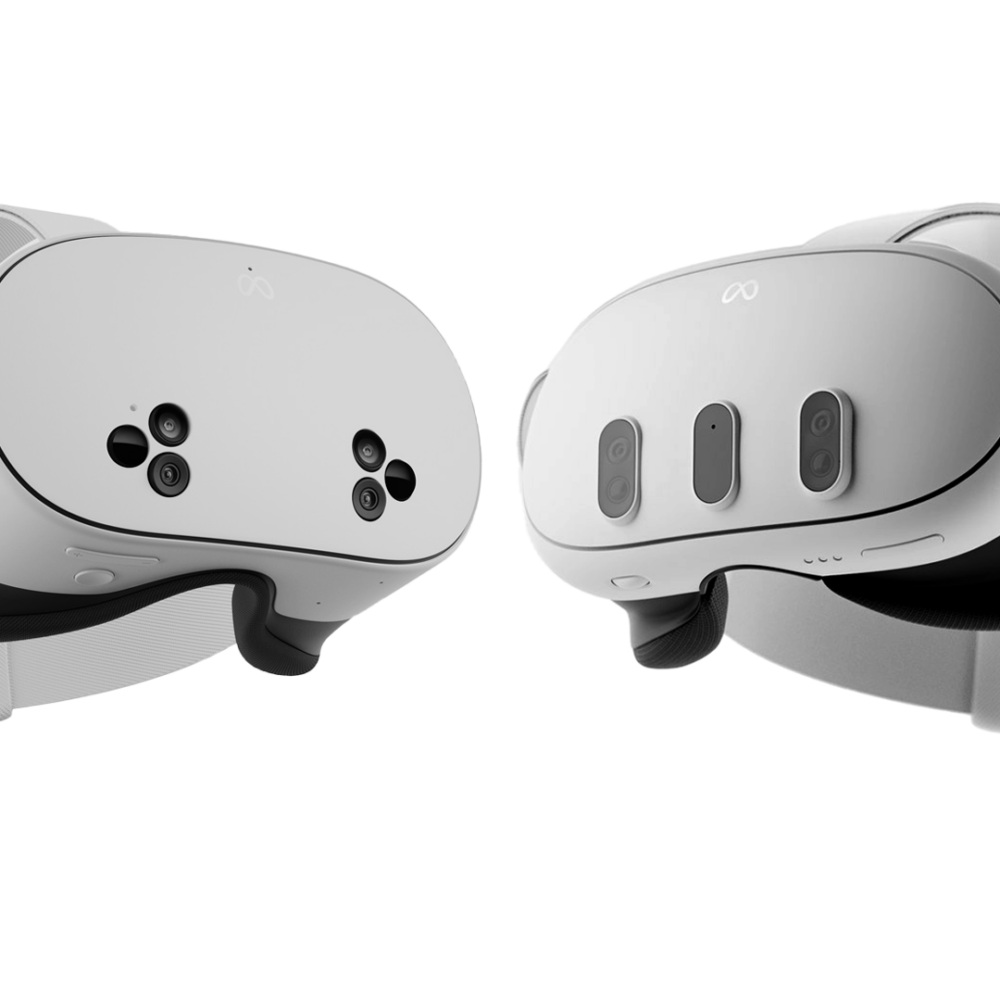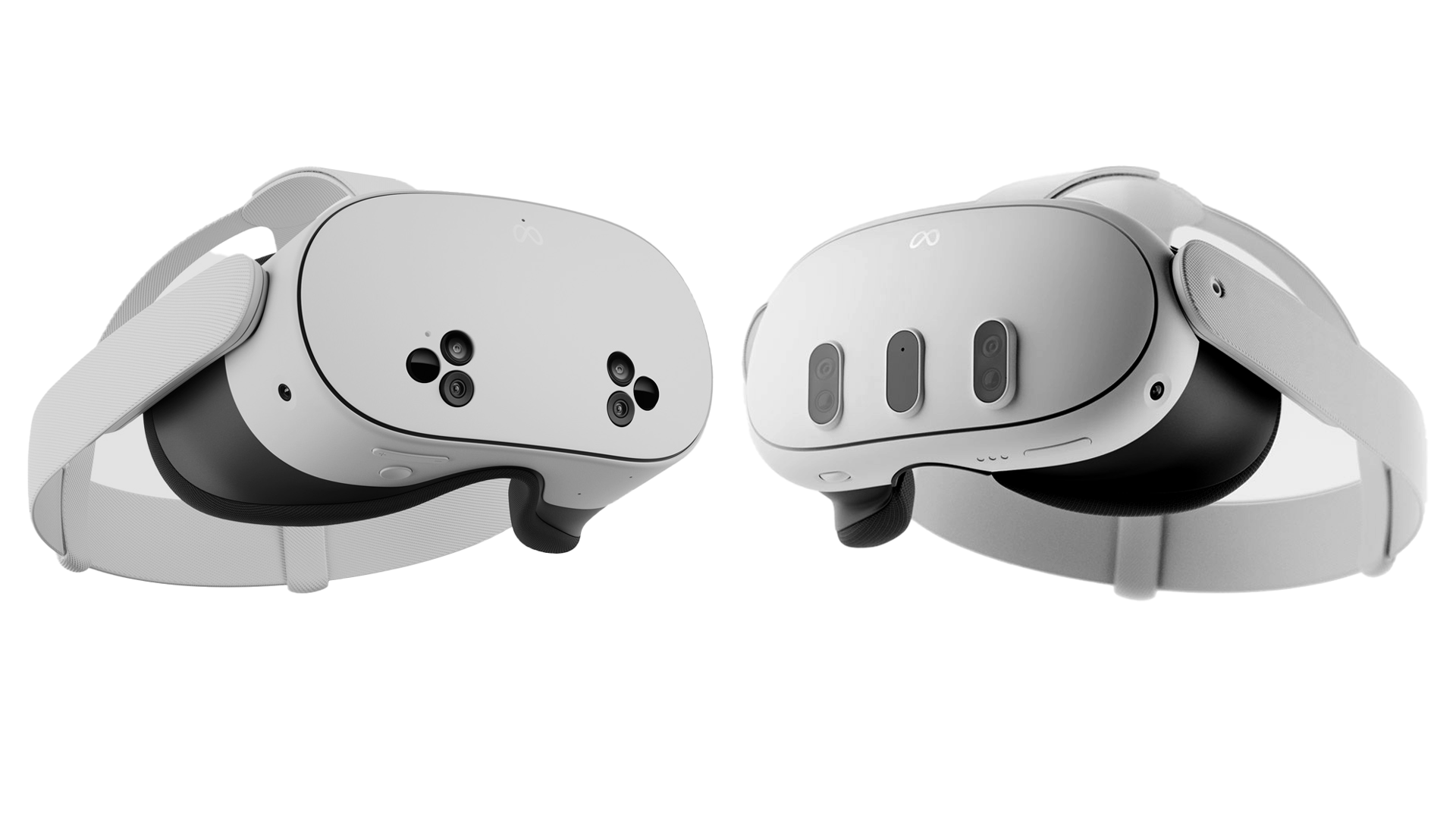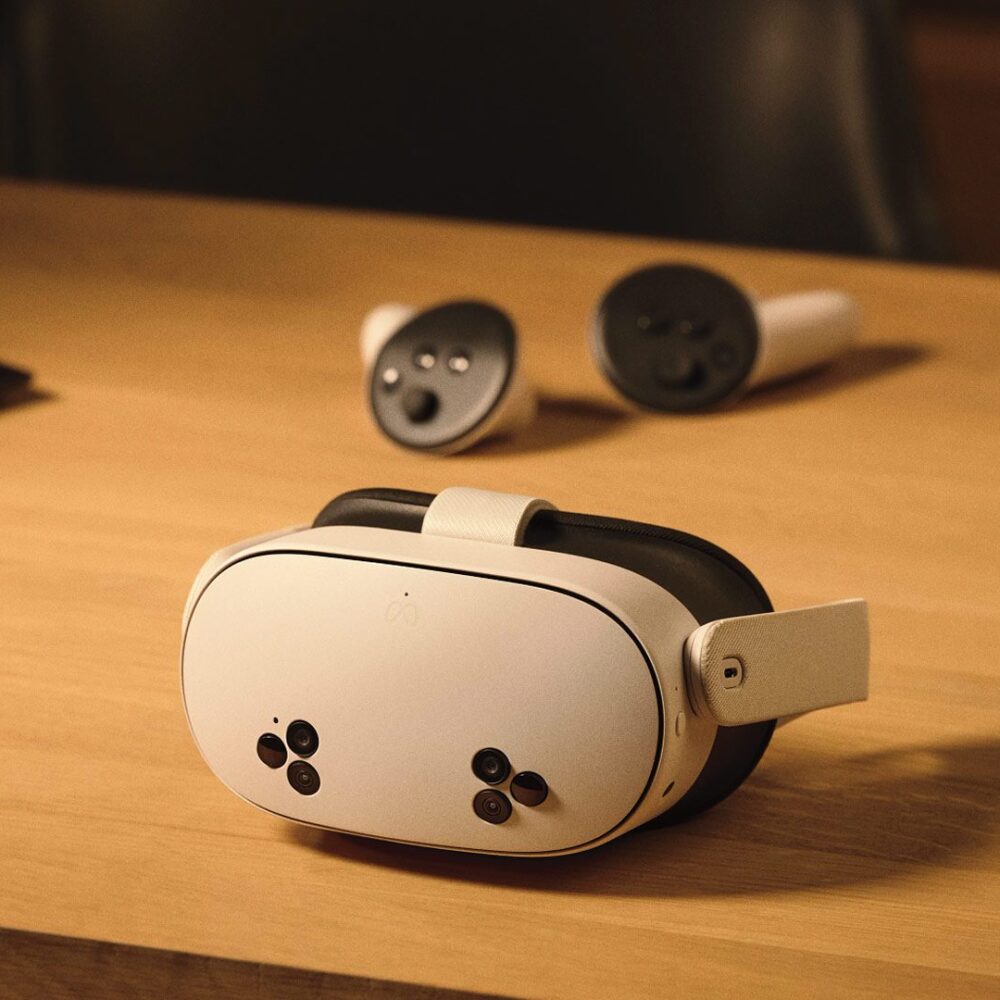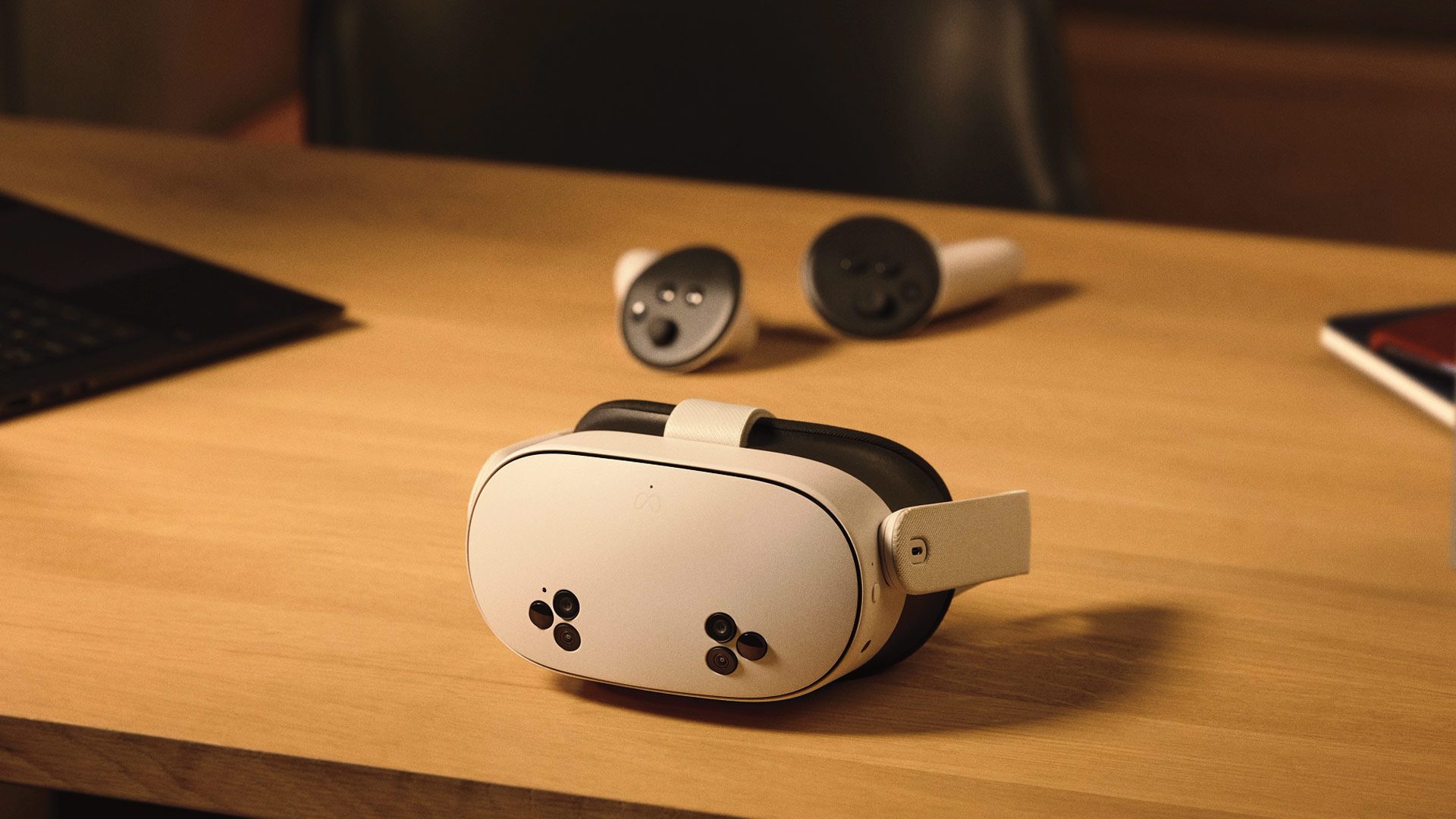Meta announced its annual Connect developer conference is returning this year on September 17th-18th. While it’s probably still too early to speculate, there are a few things we’re hoping to hear about.
Meta typically fills out its speaker schedule closer to Connect, which may give us a better idea of what to expect come September. There’s also the long trail of leaks that inevitably crop up ahead of the event. So far, the company hasn’t provided any clues beyond the usual boilerplate:
“As in years past, we’ll share the latest and greatest in Meta Horizon updates, peel back the curtain on tomorrow’s tech, and give XR devs the tools they need to help build for the next computing platform today,” Meta says in the blogpost announce.
Still, Connect is typically the company’s premier event for its biggest announcements, and we’re already looking forward to a few.
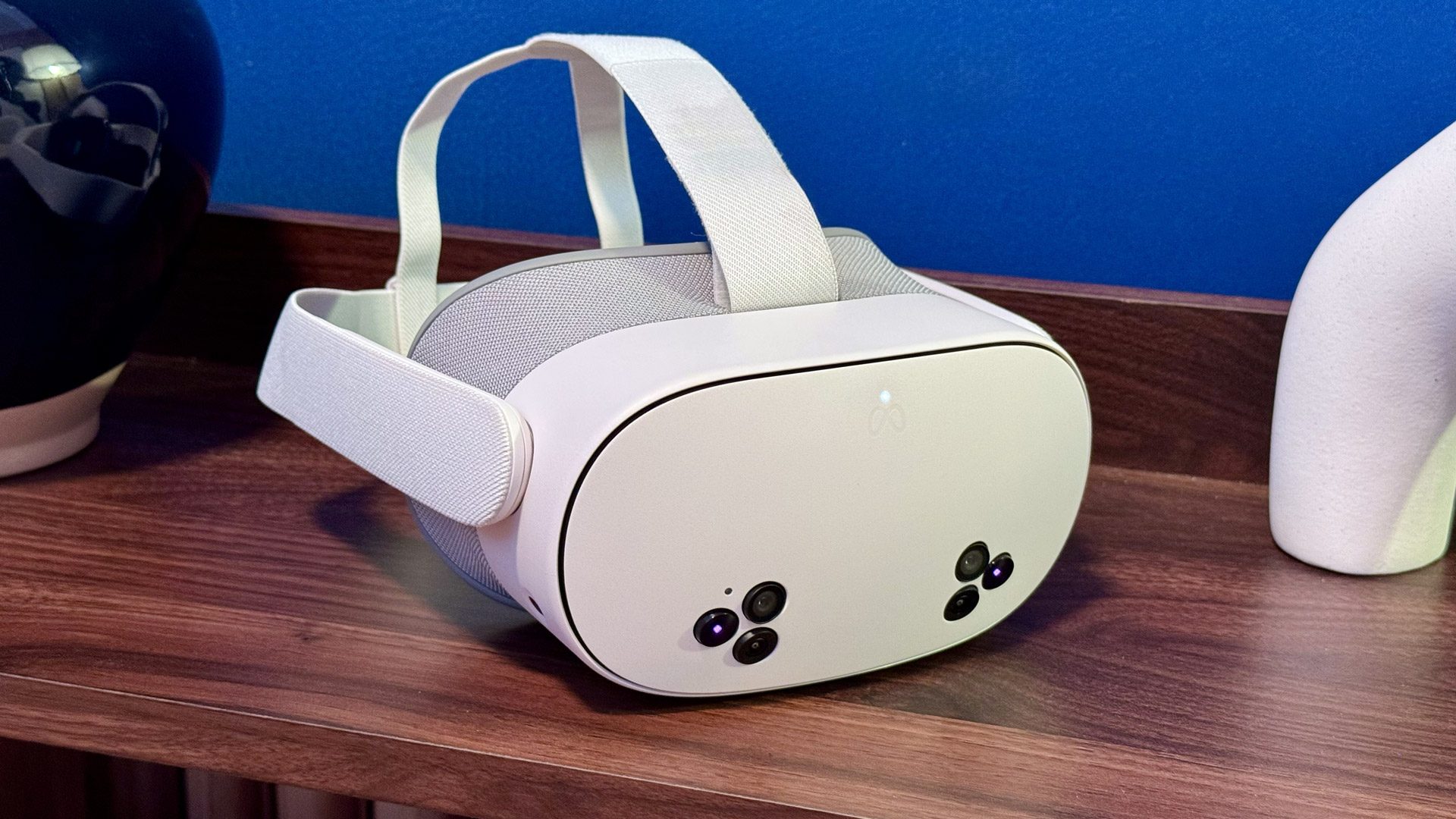
At last year’s Connect, Meta revealed the October launch date of Quest 3S, the company’s latest mixed reality headset starting at $300. While we’re not expecting another Quest headset to launch this year, one thing we didn’t hear about at Connect 2024 was just when the rash of third-party headsets running Horizon OS will release, slated to arrive from Asus and Lenovo, in addition to an Xbox-flavored version of Quest.
Granted, it’s a seven-month wait until Connect 2025 kicks off, so it’s possible we could hear about those headsets sooner rather than later. Still, it’s a good bet Meta will put Horizon OS in the spotlight as it seeks to compete with Google’s forthcoming Android XR.
To boot, in January serial leaker ‘Luna‘ reported Asus may be the first out of the gate with a Horizon OS headset, which is reported to include eye-tracking, face-tracking, and displays which could either be quantum dot LCD with local dimming or micro-OLED, Luna reports.
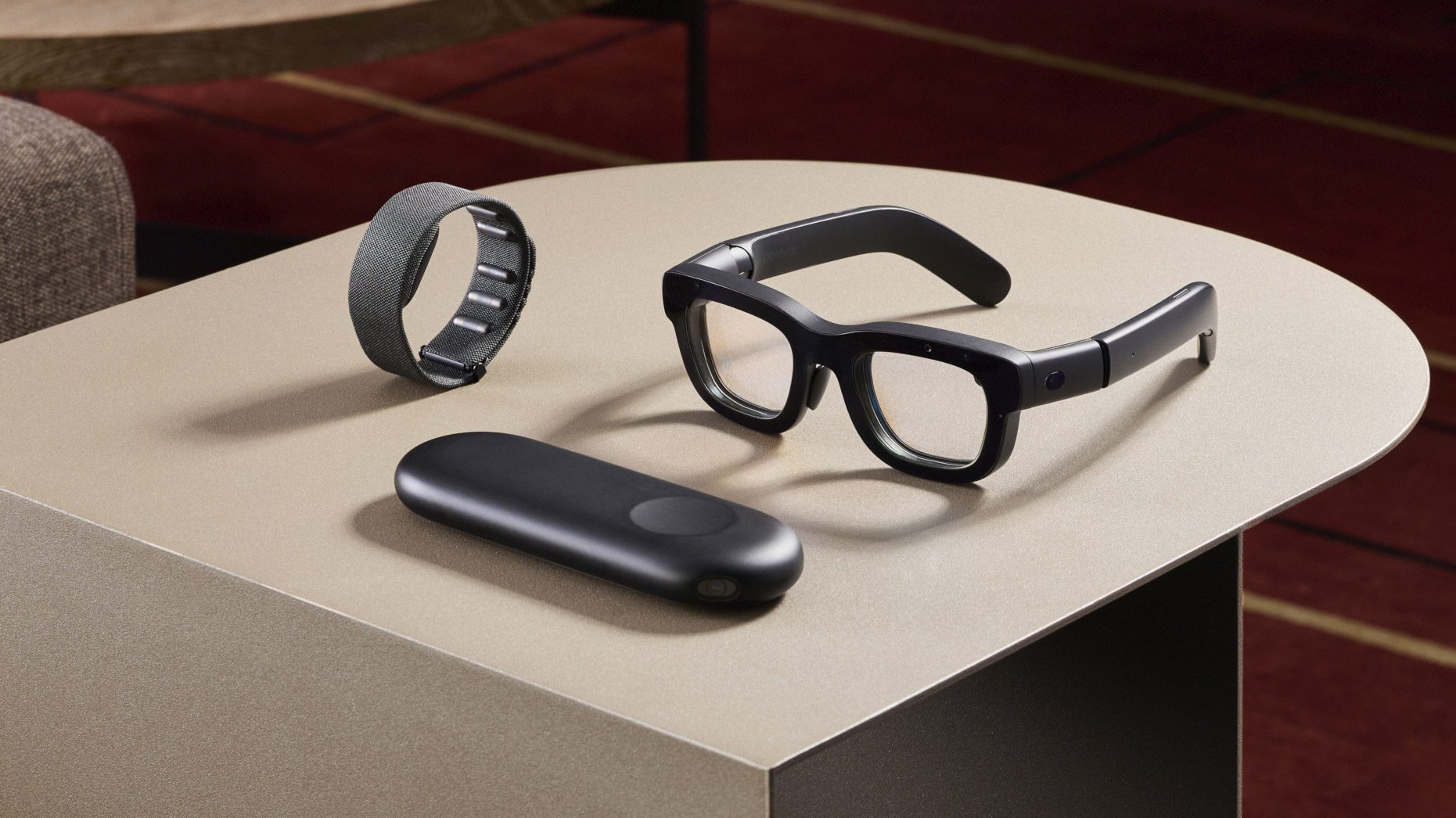
At Connect 2024, Meta also unveiled Orion, an internal AR glasses prototype that packs a laundry list of features, which notably may not make their way to a consumer pair of Meta AR glasses for some time—coming at least before 2030, Meta CTO Andrew Bosworth says. As the race to release an all-day pair of AR glasses heats up, we’re of course hoping to hear more at Connect 2025.
Ray-Ban Meta smart glasses are also another area of growing interest. Last year the company brought AI tools for reminders and the ability to scan QR codes and phone numbers using voice commands. The gen 2 version of Ray-Ban Meta released in October 2023, so it stands to reason the companies are looking to launch a new generation to capitalize on the thus far successful segment.
Notably, a recent Bloomberg report maintained we may see an expansion this year. Essilor Luxottica is reportedly working with Meta to create a sportier model in addition to a high-end model with a built-in display.
And although you might expect Connect to be all about AI this year, the company seems to be offloading this to a separate developer conference, called LlamaCon, kicking off on April 29th, which will be dedicated to its family of generative AI models.
That said, it’s a long leadup to Connect 2025. Meta typically confirms the actual dates in the summer, making this the earliest the company has ever announced the dev conference. Maybe there’s something bigger on the horizon? Whatever the case, we’ll be keeping our eyes on the Meta developer blog and the Meta Connect website to glean what’s next.
